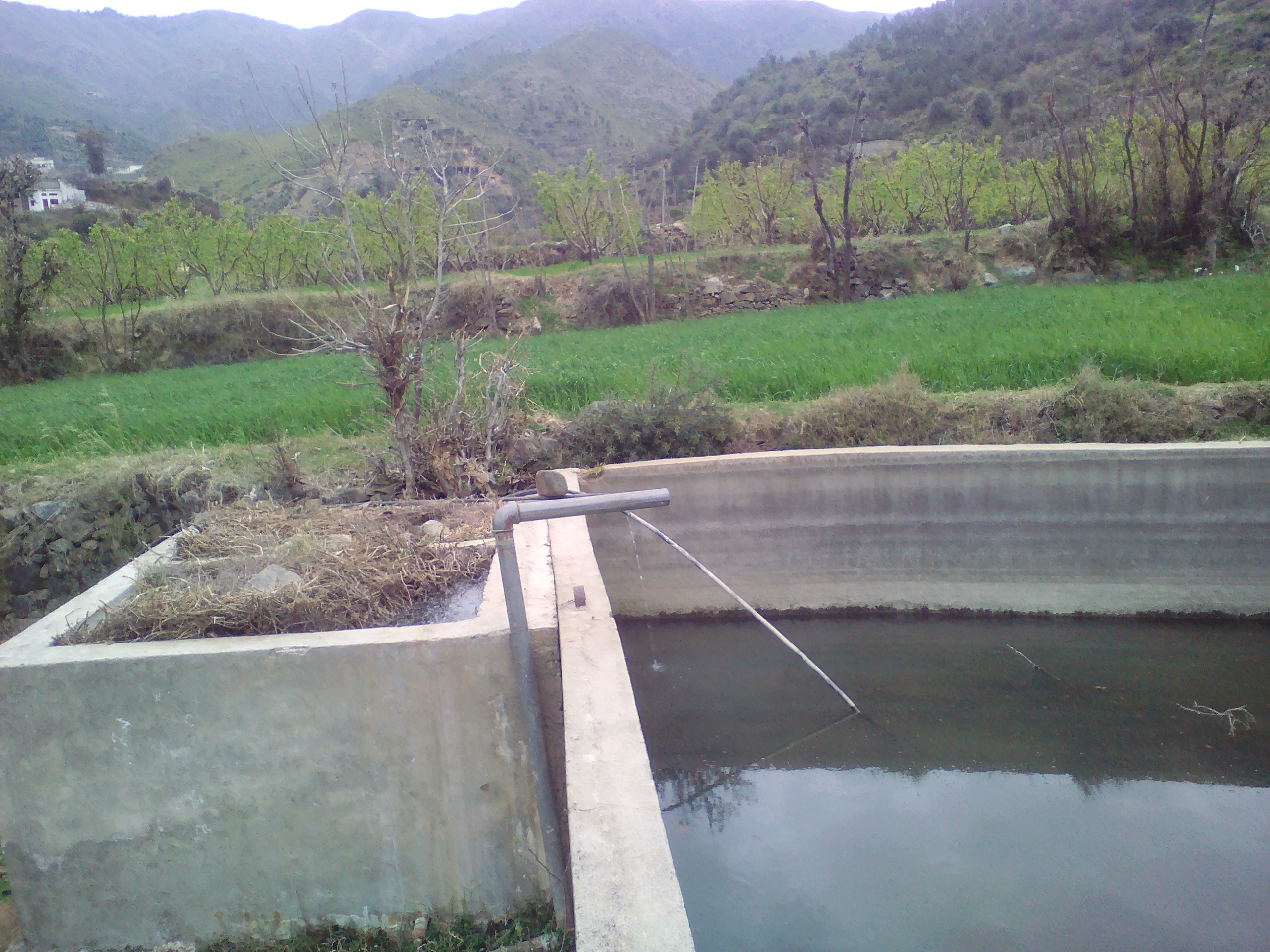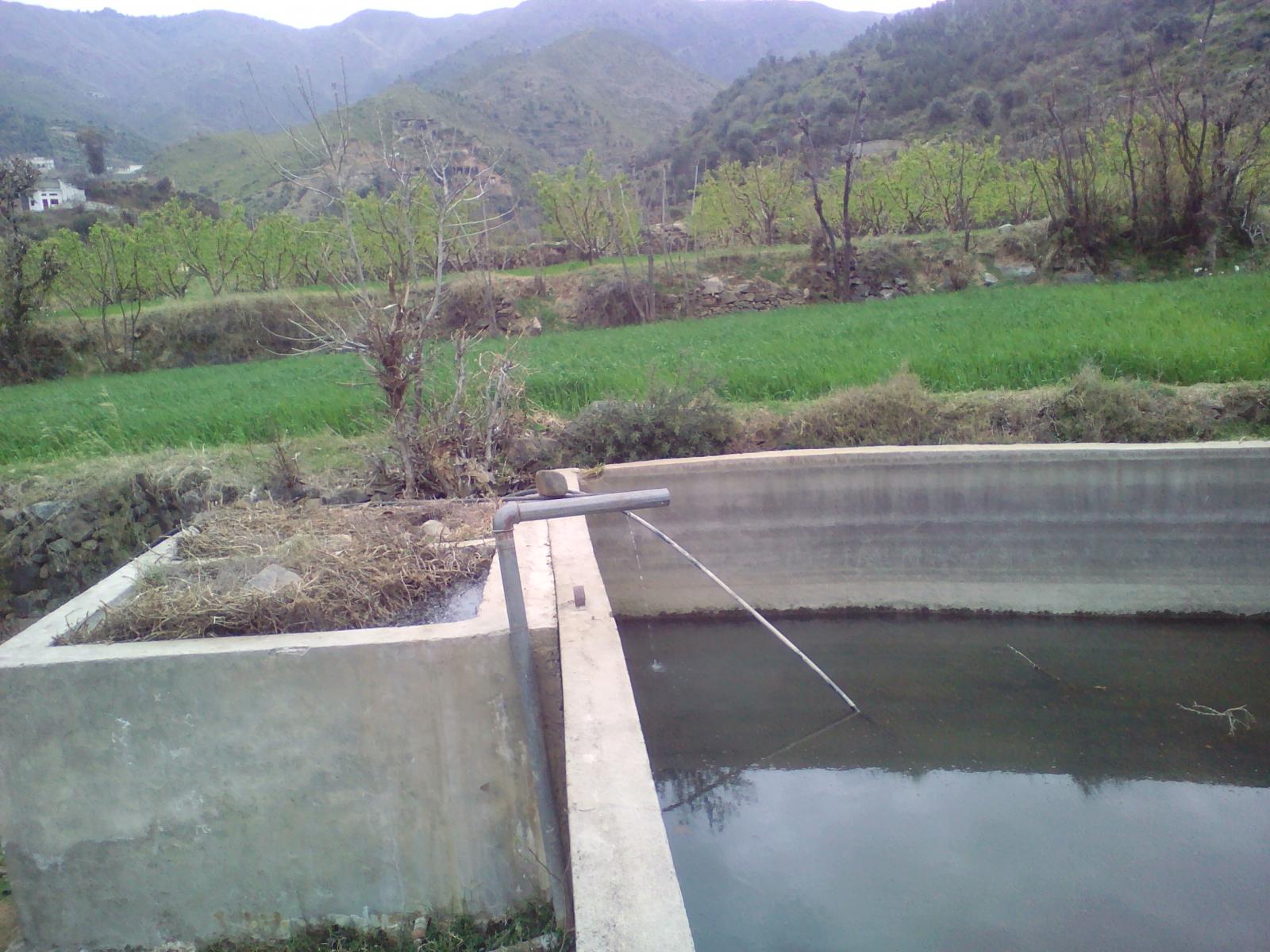An Overview Of Our Solution
- Population Impacted:
- Continent: Asia
Organization type
Population impacted
Size of agricultural area
Production quantity
People employed
Describe your solution
Describe your implementation
External connections
What is the environmental or ecological challenge you are targeting with your solution?
Describe the context in which you are operating
We are working with the poor and marginalized farming community of district Swat Khyber Pakhtunkhwa Pakistan. These farming communities are residing in far flung and hilly areas, where soil texture is very loose and porous. Water and nutrients are very easily either drains or leached. The soil fertility is very weak so organic matter in form of organic slur or solution is added to the soil making more fertile. The purpose of the activity is to help mineralize through fermentation process crop residues, farm manures, industrial wastes and municipal solid waste with the use of effective microorganism in order to enhance the fertility of soil by improving its physical, biological and chemical properties.
How did you impact natural resource use and greenhouse gas emissions?
Language(s)
Social/Community
Water
Food Security/Nutrition
Economic/Sustainable Development
Climate
Sustainability
In this process, we can also get revenue from selling our bio fertilizers to other farmers in the area for growing organic crops on less cost and labour. This activity also reduces reliance on the chemical fertilizers in crop production practices and empowers the farming communities to produce organic and bio fertilizers in liquid form.
Return on investment
Entrant Banner Image

